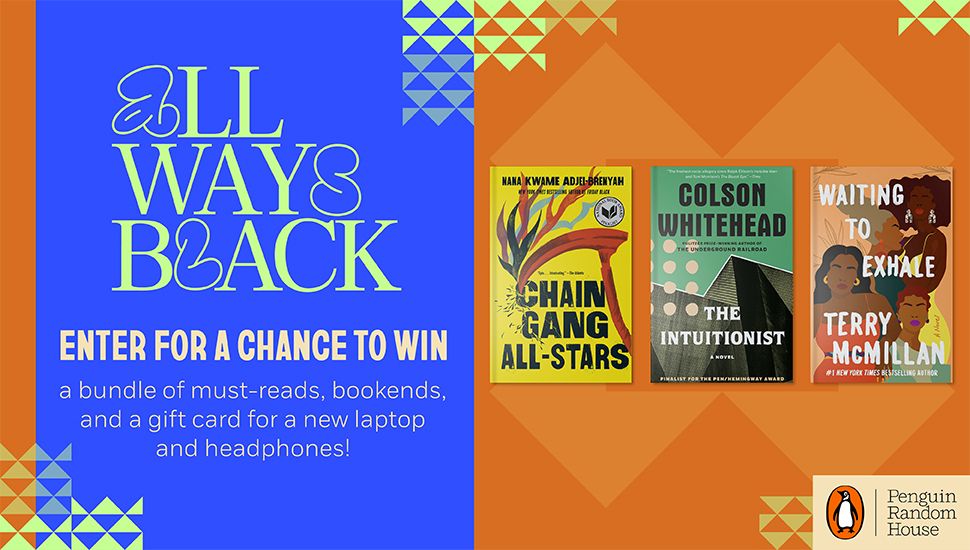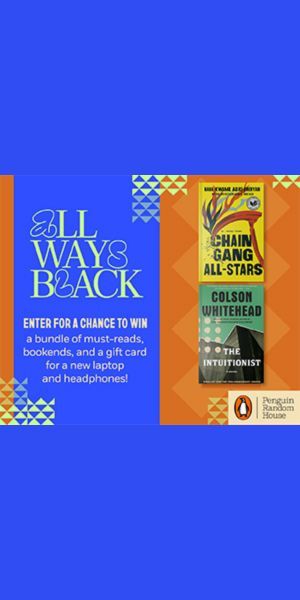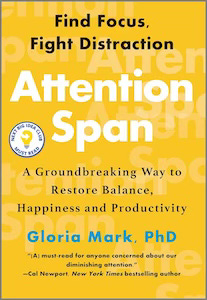Your Attention, Please
Trying something new this time around and going deep on one title. LMK how you like this vibe!
Read/Skim/Skip
A couple times a year—very often tied into resolution-related content—a self-help-y book starts showing up everywhere. When that happens, I always wonder: is it really that good, or does the publicist just have great connections? There’s only one way to find out. I’ll do the homework and issue the verdict: should you read it, skim it, or skip it?
Lately, Attention Span by Gloria Mark has been popping up all over the place. Mark gave a fascinating interview on Ezra Klein’s show that first put the book on my radar, and I’ve seen it mentioned in probably half a dozen other places since. So, what’s the deal?
You’re on the internet in the year of our lord 2024, so I’m sure you don’t need me to tell you that your attention span is in trouble. Don’t take it personally. We’re all in the same boat, and friends, she’s taking on water.
In Attention Span, Mark, a psychologist and researcher, presents data that is exactly as horrifying as you’d expect about how our relationships to technology—including many of the ways we try to mitigate its impacts—are making us feel fried, and she offers science-backed suggestions for how to claw back some portion of sanity. Yay for evidence-based recommendations, and double-yay for the fact that none of them all of your problems will be solved if you just make your phone’s home screen grayscale.
The Pros
There are a lot of books about this topic, and I’ve read more than a few of them. One of the things that distinguishes Attention Span is that Mark practices a kind of radical acceptance about the role our devices play in our lives. She takes it as given that technology is here to stay and that, much as we might like to throw our phones into the sea, it is essential for maintaining our personal and professional connections. She also rejects maximum productivity and flow-state focus as our highest goals for use of technology, noting that while flow is wonderful, it’s simply not realistic in most knowledge-work scenarios. It’s hard to lose yourself in a budget spreadsheet, first of all, and it’s damn near impossible when you’re being constantly interrupted by emails, DMs, phone calls, and colleagues dropping by for a chat.
Mark understands the reality of the role technology plays in our lives and what we can (and can’t) change about it because, unlike many of her predecessors, she doesn’t rely on laboratory studies that put people into artificial situations for her research. She and her colleagues use sophisticated software to monitor people’s behavior on their devices and measure their attention in their real, everyday settings. If you opened this email then clicked to another tab because it reminded you of something you wanted to google then picked up your phone to check your texts and then eventually remembered that you started here, that’s exactly the kind of thing Mark’s data would capture. Did that example make your soul cringe? Try this on for size: Mark’s research indicates that on average, we spend just 47 seconds (!) on a screen before moving our attention to something else, and it takes 25 minutes to bring our attention back to the original task after we are interrupted.
It’s unsurprising and incredibly validating that Mark’s research also shows that all of this focus-switching and self-interrupting—I’m sorry to report that the majority of our interruptions come from inside the house—make us feel bad. Frequent interruptions make us less likely to complete tasks. Uncompleted tasks create mental tension that leads to anxiety and poor sleep, among other problems. Being tired makes it more difficult to self-regulate and stay focused, and the vicious cycle continues. Not to mention that algorithms work very hard to keep us engaged distracted, and many of the ways we “take breaks” using technology don’t actually make us feel refreshed. If you snack on TikToks in between projects, this book will have you rethinking that habit.
So, what to do? Mark offers both general frameworks and specific, actionable suggestions. I found the frameworks more useful than the prescriptions, but YMMV. I also appreciated being able to take a concept, look at my own daily habits, and identify a few places where small tweaks might make a big difference. As an example, when I have a few minutes in between calls, I’m trying to follow Mark’s advice to reach for something that engages rote attention—a crossword, the jigsaw puzzle in process on my dining table, a run-through of the song my community chorus is working on—rather than email or Instagram or texts or any other tech-based temptation. And you know what? It does feel better. I’ve also further minimized my notification situation, and that is having the effect it’s supposed to have. Did I successfully write this newsletter without swiping over to Slack a handful of times? No, I did not. But I did wait a lot longer than 47 seconds to do it, and I’ll take my wins where I can get them.
The Limitations
Because of the nature of her research, Mark focuses primarily on what I’ll call Laptop Jobs. Her findings are applicable for folks who do other kinds of work, certainly, but Attention Span is most likely to be most useful for knowledge workers who spend their days toggling between screens. Additionally, while Mark acknowledges ADHD and makes a point to distinguish between general distractibility and diagnosable disorder, her work and recommendations are primarily geared to readers with neurotypical executive functioning.
The Verdict
Read it if:
- You spend 8+ hours a day with your face in a screen and another 8+ hours trying, with varying degrees of success, to keep your face out of screens.
- Your work requires both deep focus and flexibility to move between tasks, and you’d like to feel a little bit less like your brain is going to melt out of your ears at the end of each day.
- You want to understand not just the specifics how technology affects our attention but the broader science and psychological research of how attention generally works. (Mark provides robust primers on these principles.)
- You’re looking for a framework to bring to your specific uses of and struggles with technology, and you’re down to experiment.
If you just want the stats and the framework, read the first 100 pages and the last 50, and skim the middle sections that focus on background info and the history of research into attention.
If you’re primarily focused on changing your relationship to your phone but you don’t need Laptop Boundaries, this probably isn’t the book for you (for that, see Manoush Zomorodi’s Bored and Brilliant).
Etc.
Johann Hari’s Stolen Focus covers some of the same ground as Attention Span, but he’s more interested in structural, systemic solutions than individual habits. Here’s an excerpt and an interview to give you a taste.
And a few links to other Better Living-type content I’ve encountered this week:
- Austin Kleon recommends books about writing
- Adam Grant highlights 12 new “idea books” coming out this year
- At Book Riot, CJ Connor picks cookbooks to watch for in 2024. I can confirm that Praisesong for the Kitchen Ghosts is excellent
- Also at Book Riot, Arvyn Cerézo recommends 8 books about finding your purpose.
Thanks so much for being part of Better Living Through Books in these early days. I’m excited to build a community of like-minded folks here, and I want to hear from you and for you to talk with each other.
Are you down for occasional deep dives like today’s piece? Hop into the comments to let me know, and upgrade your subscription to get access to commenting, community discussions, and bonus content.
The comments section is moderated according to our community guidelines. Please check them out so we can maintain a safe and supportive community of readers!
The comments section is moderated according to our community guidelines. Please check them out so we can maintain a safe and supportive community of readers!
















Leave a comment
Join All Access to add comments.